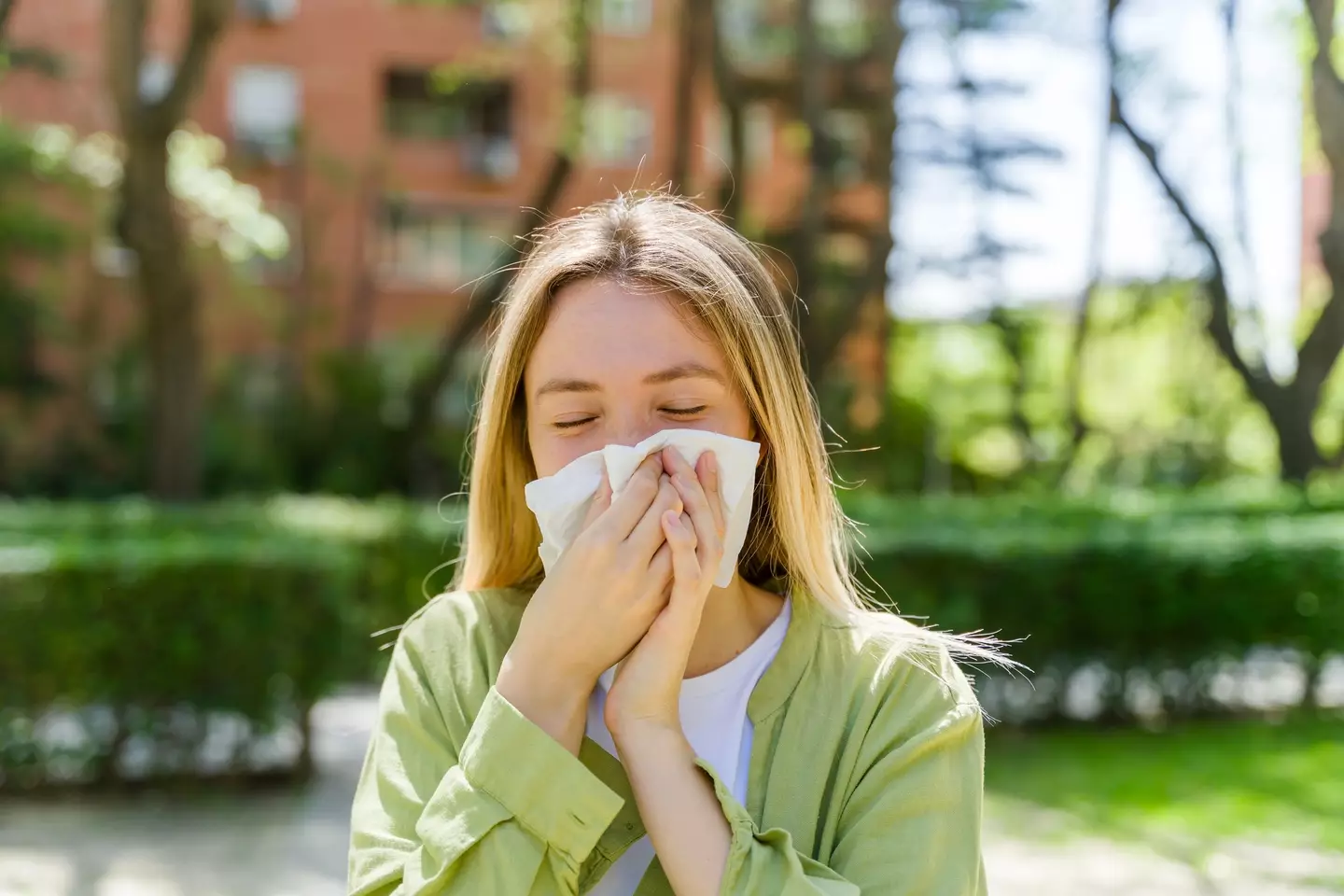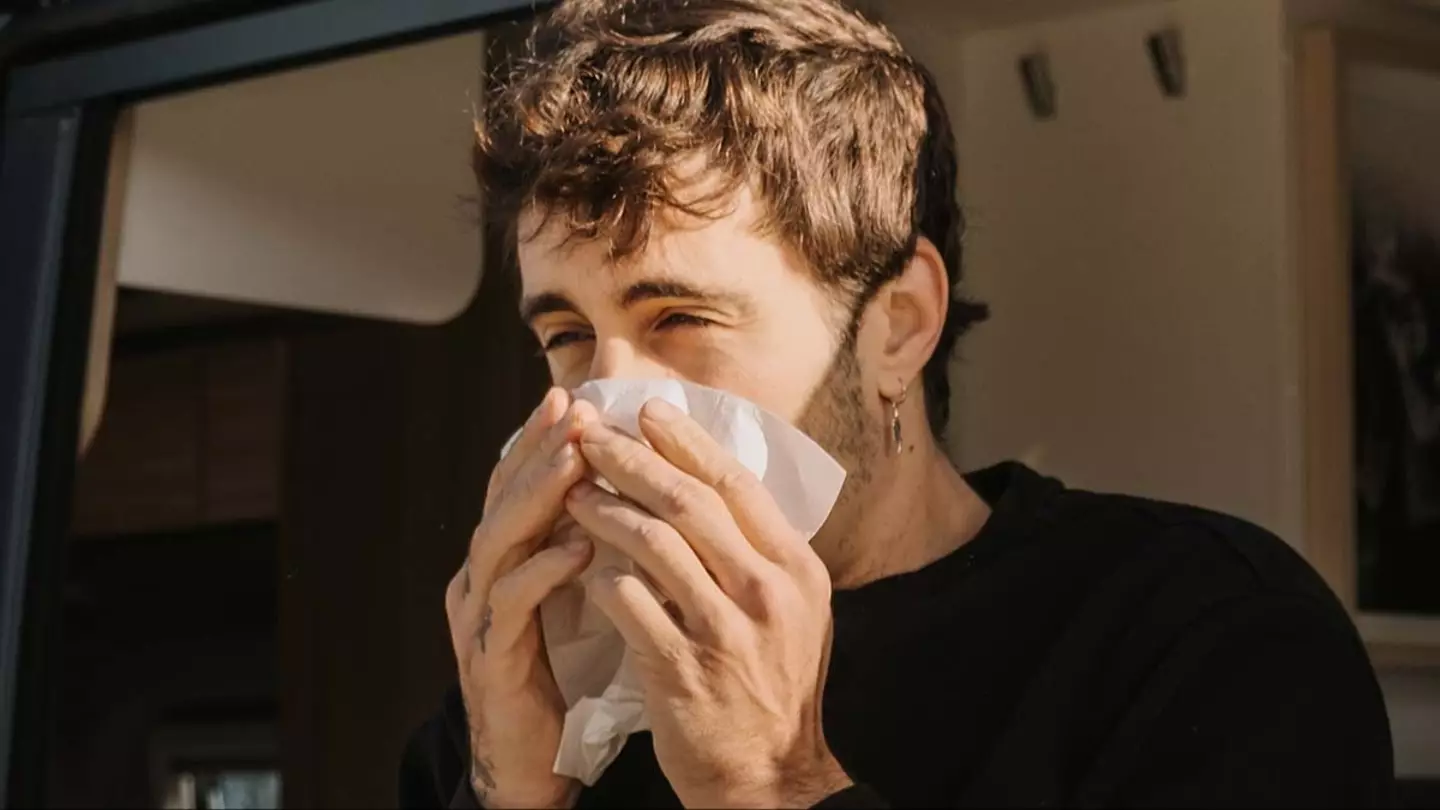A recent study has identified a connection between elevated pollen counts and a heightened risk of suicide. High pollen levels are known to exacerbate symptoms in individuals with hay fever and other seasonal allergies. Symptoms often include a runny or congested nose, sneezing, and watery, itchy eyes.
In more severe cases, the Asthma and Allergy Foundation of America notes issues such as congestion, wheezing, and other breathing complications, particularly for those with asthma.
Researchers have now found that these overwhelming symptoms are linked to suicides in approximately 1,200 individuals annually. The study suggests that suicide rates may increase when pollen levels reach their peak.
Joelle Abramowitz, an associate research scientist at the University of Michigan’s Institute for Social Research, provided insights into how these distressing symptoms could negatively impact mental health.

In a press release, she stated: “A small shock could have a big effect if you’re already in a vulnerable state. We looked specifically at pollen from all different kinds of plants, including trees, weeds and grasses.”
The study analyzed pollen counts in conjunction with data from the National Violent Death Reporting System from 2006 to 2018.
This timeframe is notable because it includes nearly 500,000 suicides across the United States.
Abramowitz added: “Based on our incremental data, we estimate that pollen may have been a contributing factor in up to 12,000 of those deaths over the period, or roughly 900 to 1,200 deaths per year.”
The findings, published in the Journal of Health Economics, propose that the side effects of seasonal allergies may be a contributing factor.
“Pollen allergies diminish cognitive function and disrupt sleep—predictors of suicidality,” according to the research.
The Michigan study discovered that the risk of suicide correlates with increased levels of airborne pollen.

The study categorized pollen levels into four tiers and found that the risk of suicide rose in each group. Notably, suicides increased by 7.4 percent when pollen levels were at their highest, in the fourth quartile.
In the second and third tiers, the increases were 4.5 percent and 5.5 percent, respectively.
“We should be more conscious of our responsiveness to small environmental changes, such as pollen, and our mental health in general,” Abramowitz urged. “Given our findings, I believe medical providers should be aware of a patient’s allergy history, as other research has also established a connection between allergies and a higher risk for suicide.”
“I hope this research can lead to more tailored care and, ultimately, save lives.”
Additionally, experts acknowledge that seasonal allergies are known to exacerbate mood disorders, including anxiety and depression.
To complicate matters further, experts caution that pollen counts are worsening due to climate change and are becoming increasingly potent.
Dr. Christina Ciaccio, chief of pediatric allergy and immunology at the University of Chicago Medical Center, explained to PEOPLE: “Climate warming and increased CO2 levels favor pollen seasons that start earlier. And it’s more potent pollen. It seems to be more activating to our immune system.”

